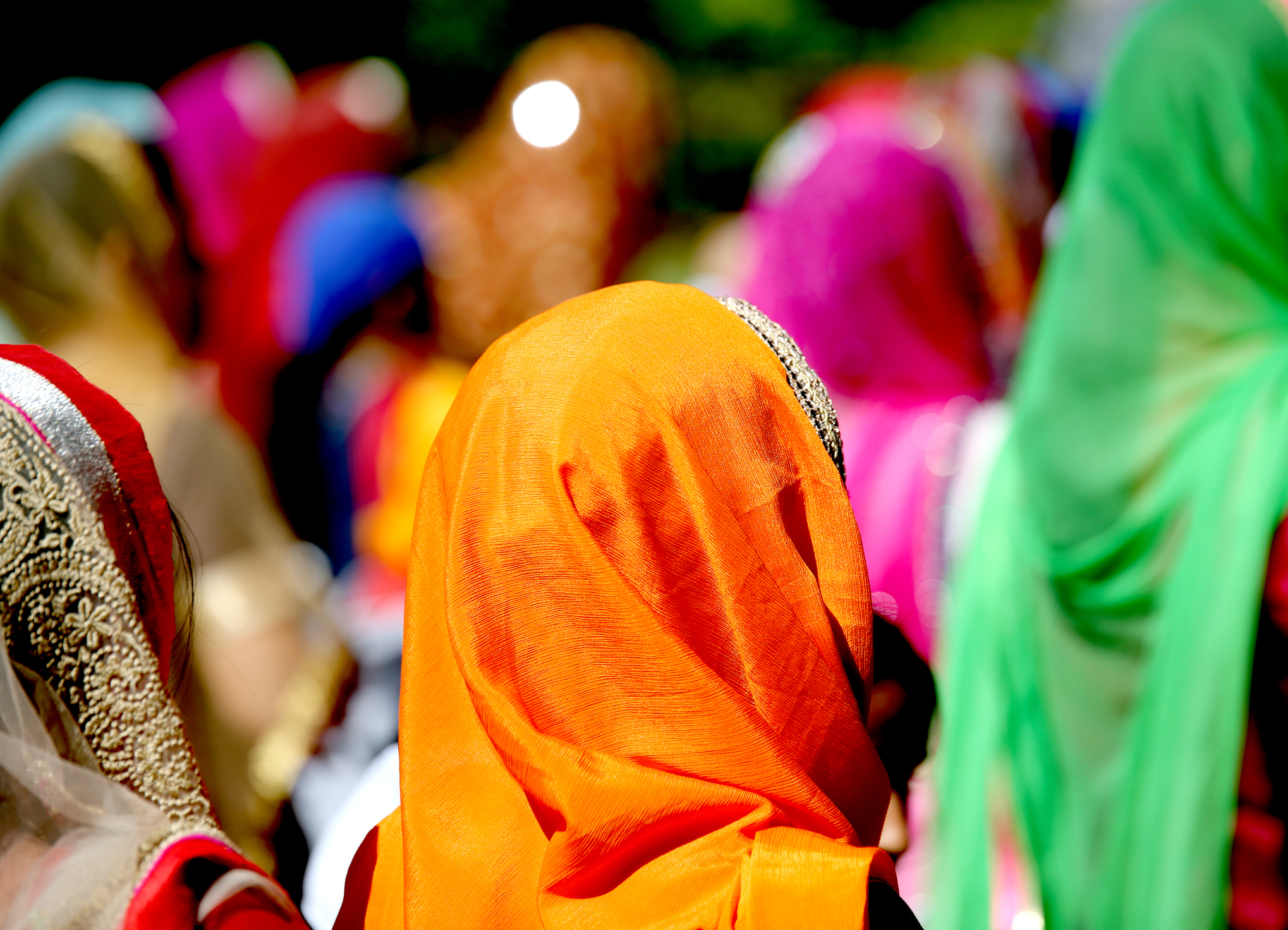The idea of purity, when applied to human beings, is usually a weapon of the powerful to ensure exclusion. Or both exclusion and suppression. Once a powerful group rules on purity and impurity, it finds social agreement, and the social consensus about the pure and impure evolve as beliefs. Just as it was 'believed' that the shadow of people from certain castes would pollute others, so it was a domestic and social 'law' that a menstruating woman was impure. In Hinduism, she was not allowed in the kitchen or the shrine room, she had to sleep apart from her husband and follow certain other rules. Almost every religion prescribes some form of separation and austerity for menstruating women - one shining exception being Sikhism - although the severity of constraints and penalties may vary. This is very unlike the attitude of many indigenous peoples across the globe, who regard periods as a special time that makes women unique, different from men. Far more interesting is the fact that many of the religions that regard women as impure when they are menstruating actually began with her especial purity during this time, for blood is the stuff of life and she is the bearer of this blood. The change of this attitude to the belief in uncleanliness indicates how dominant groups in society seized upon the distinct status of bleeding women as a way to suppress and confine them, and, as the rules in certain temples demonstrate, to exclude them from worship.
None of this is new, as the debate surrounding the Ayyappa temple in Sabarimala, Kerala indicates. The taboo is fascinating in what it reveals. Where women's bodies are concerned, men claiming for themselves religious authority are allowed to intrude and lay down rules. Is it because menstrual blood symbolizes women's power to bear children and it scares them? The indecency of such intrusion is never questioned by consensus. It is the same consensus that must have always suppressed the simple question: why should religion have anything to do with menstruation? The habit of suppression runs so deep that, well into the 21st century, it is perfectly normal to present the impurity of a menstruating woman as part of serious reasoning, ignoring rights and constitutional freedoms and overturning the concept of natural justice. Does India live in the dark as a whole or is the darkness reserved only for India's women?











